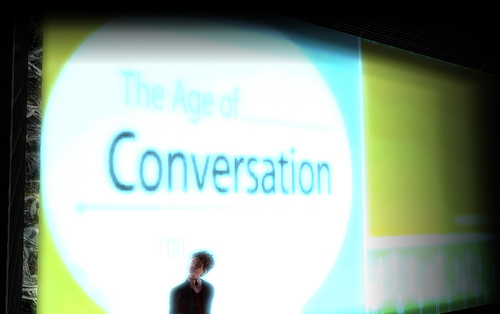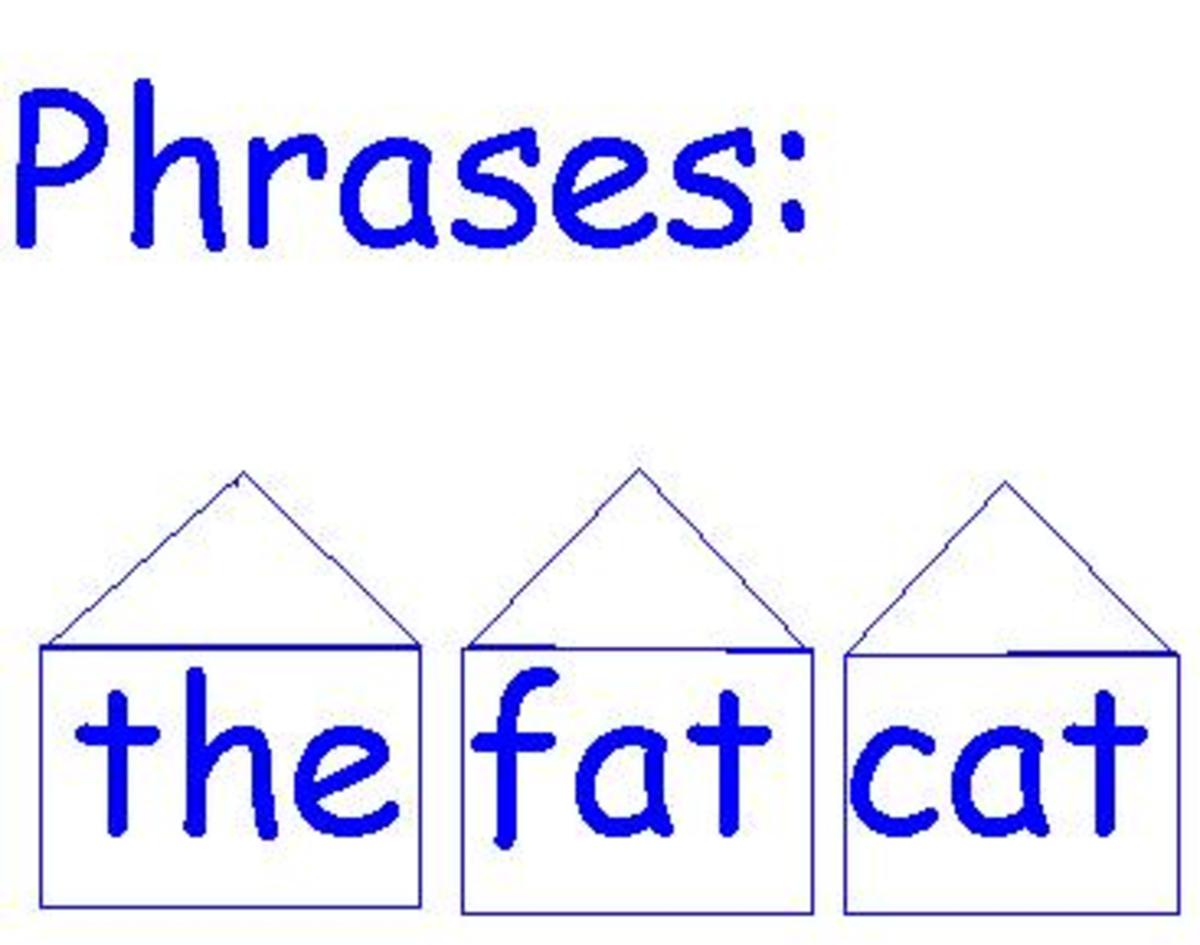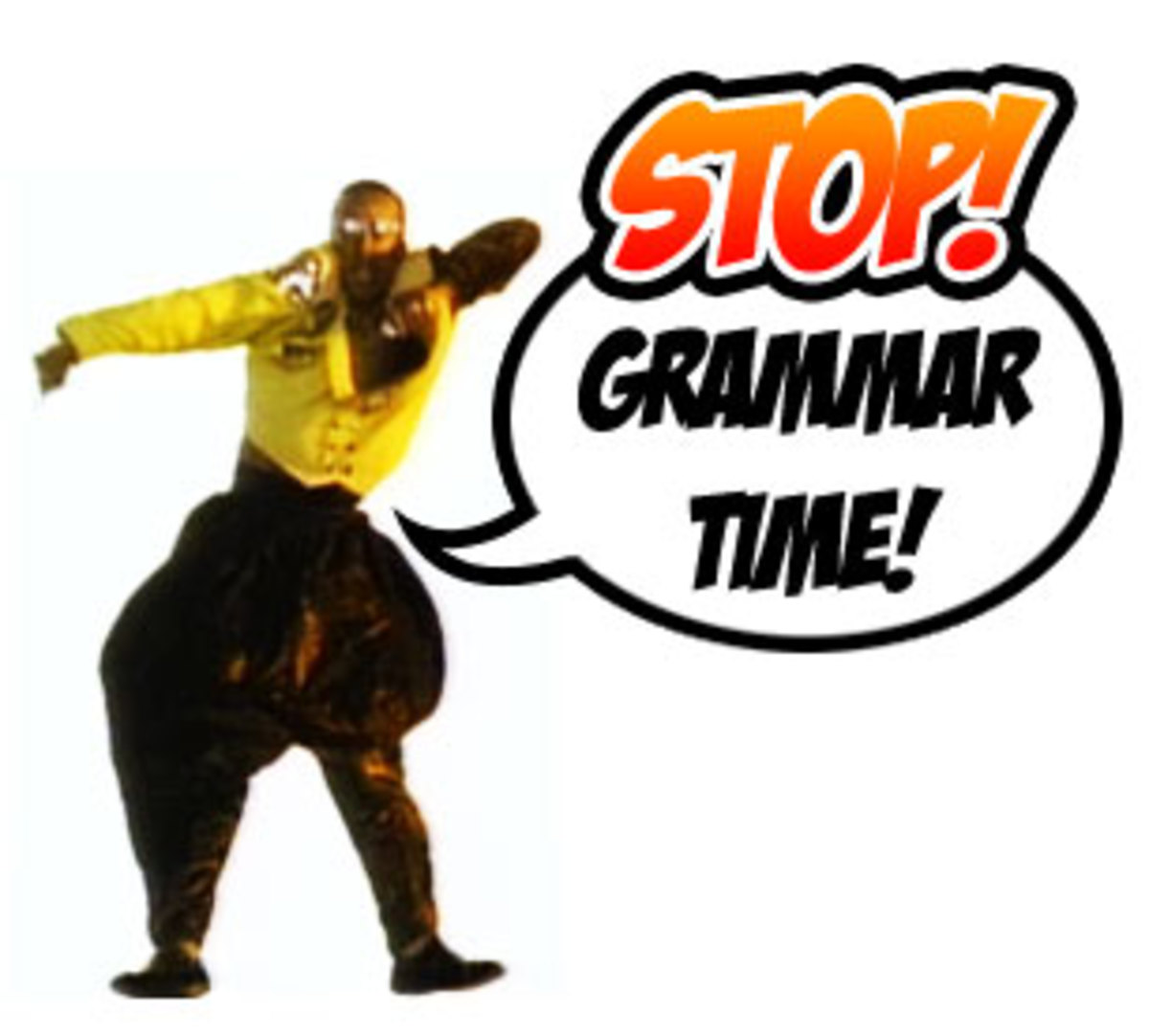Popular Phrases That Are Not Grammatically Correct
Language and grammar
There are many popular phrases used in conversations, emails, and text messages that would never pass a computer's Grammar Check program. The phrases are slang and are likely popular because they provide quick ways for people to get points across to others during conversations. You the Man is just one example in the list below of popular phrases that are not grammatically correct.
Words, grammar, and meanings

And Now To You...
Do You Use Phrases That Are Not Grammatically Correct?
Popular phrases
You the man
You likely hear the phrase You the man often, though it is not grammatically correct for many reasons. Consider first that people often say it to both men and women. I have to take a step back and shake my head!
What does You the man mean? The phrase is the verbal equivalent of giving someone a pat on the back. To paraphrase, You done good offers similar sentiment and is not grammatically correct either. Somehow the sentence, You are a wonderful man and you have done a great job just does not get the same point across to people. That sentence is awkward and the sheer number of words means that it likely will not be the next trending catchphrase.
Totally
An exclamation point often follows the word Totally during conversations and within text messages and emails. Did you know that Totally passes as a complete sentence when spoken aloud? Now you do! The single word takes the place of longer messages, although it is not grammatically correct.
The message of Totally is, Hey, I completely agree with you or Yes, I feel exactly the same way. Imagine a person jumping up and down with an excited look on his or her face while saying one of the longer sentences that does follow grammar rules. Unfortunately the proper sentence structure takes away from the casual feel that the phrase Totally! conveys during a conversation. In addition, more words would totally make Totally! a less popular phrase.
A one word: Totally!

Related Articles about Language
What grammar rules? More fun phrases
What up
A popular way to say hello to someone is by using the phrase What up. Adding the word is to the middle of the sentence makes the grammar more precise yet the extra word also creates an awkward sentence. What is up sounds forced during conversations.
The phrase What up is meant to be casual. The teen who wears pants that are three sizes too big may not be a model for correct grammar but he certainly is famous for his cool way of gliding across a room while saying the phrase. The glide likely seems more important to him than whether his grammar is entirely correct outside of the classroom!
Way cool
The phrase Way cool conveys the speaker's approval for an object or an action. The object of focus is often trendy and has the approval of a large group.
Modifying the phrase from Way cool to That is lovely or I love that does not have the same modern touch or excited tone as the original phrase that is not grammatically correct. The trendiness of the phrase itself is lost in translation when modified to fit the rules of grammar. Literally.
Grammar rules of the English language
While people of all ages may use phrases that do not meet grammatical rules of the English language, these phrases are likely to continue to be popular. The phrases are catchy and express a substantial meaning thought through minimal use of words. Turning the phrases into sentences that are grammatically correct somehow makes them sound awkward and requires more words too.
Given that the phrases listed above are positive affirmations, perhaps you can allow usage of them from time to time. After all, who would say no to a little more energy that is positive in his or her day? Cross your fingers that a Grammar Guru is not nearby when the conversations begin.








